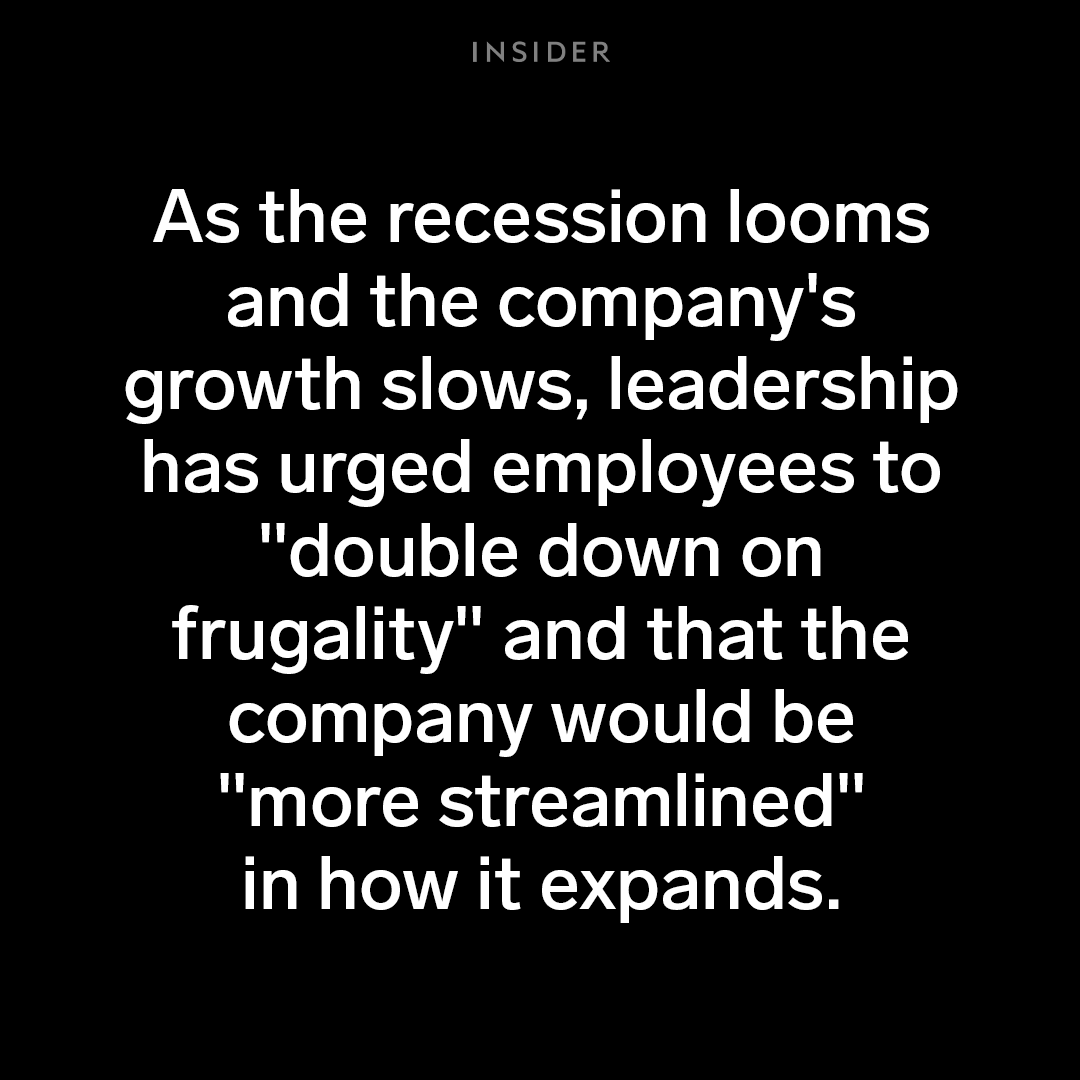
Every year, Insider surfaces 100 leaders across 10 industries who are driving unprecedented change and innovation. The #InsiderT100 features the power players behind the most significant trends of the year. Meet the change-makers below. ⬇️ businessinsider.com/100-people-tra…
Meet Cynthia Choi, cofounder of Stop AAPI Hate. Hate crimes against Asian Americans and Pacific Islanders have climbed since 2020 but so has awareness thanks to Choi’s data and advocacy. 



Dilip Kumar, Amazon’s vice president of physical retail and technology, is the man in charge of the futuristic “Just Walk Out” tech that allows shoppers to pick out what they want and leave the store without standing in line at a checkout counter. 



Many know Jack Harries, creative director and cofounder of Earthrise Studio, from his YouTube channel JacksGap. Jack Harries wants to reach people he calls the “climate-curious” — those interested in learning about these issues but who aren’t yet engaging with them. 



Lilac Bar David is at the forefront of an emerging group of fintech startups dedicated to working with the millions of entrepreneurs and freelancers in the US. 



Mbiyimoh Ghogomu and his Tradeblock cofounders aspire to be role models for other entrepreneurs of color. Unlike resale sites like Goat and StockX, Tradeblock lets sneaker collectors trade pairs they have for what they want. 



The industry transformers on Insider's Transforming Business list are the thought leaders that are driving unprecedented change for their communities. To see a full list of our global business world disruptors, visit our #InsiderT100 hub. 👇
businessinsider.com/100-people-tra…
businessinsider.com/100-people-tra…
• • •
Missing some Tweet in this thread? You can try to
force a refresh












